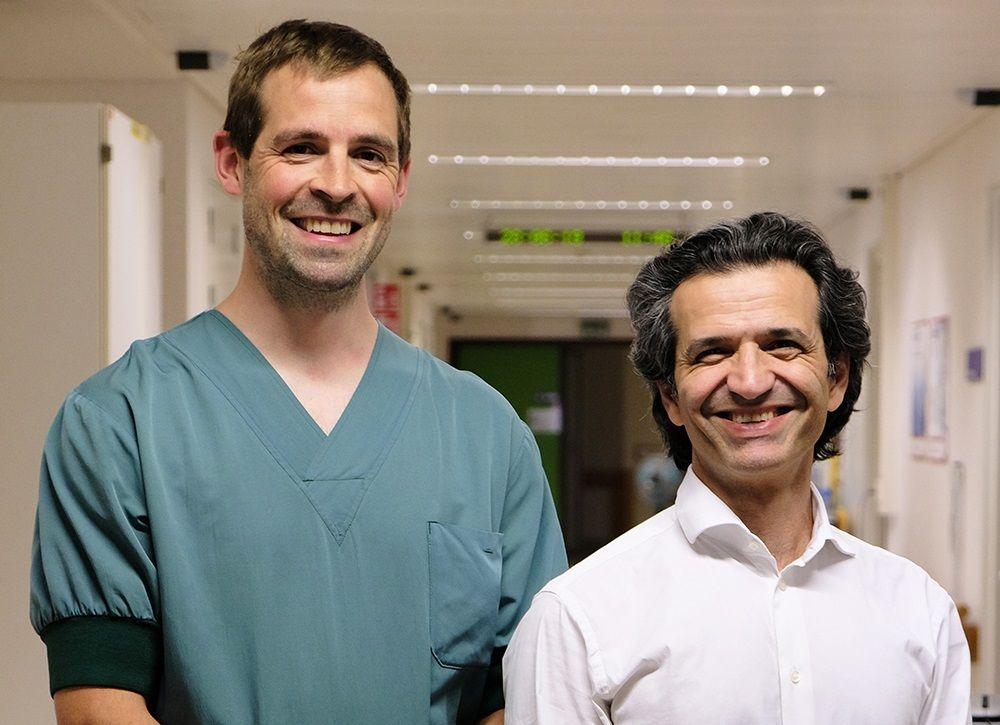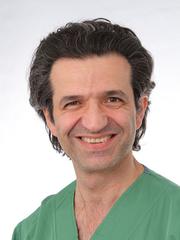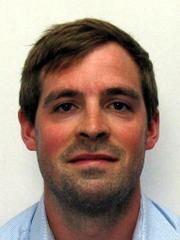Complex intervention via keyhole surgery
The treatment of pancreatic cancer using keyhole surgery is becoming more popular in centres of expertise as a result of modern technology and new operating techniques. Whereas approximately 4 in 10 complex pancreatic operations were based on keyhole surgery at UZ Leuven in 2016, almost all these operations were performed by this method over the past six months (more than 96%).
Pancreatic surgeon Prof. dr. Baki Topal: “The future of pancreatic operations lies in minimally invasive keyhole surgery. In experienced hands keyhole pancreatic surgery offers remarkable advantages for the patient: reduced blood loss, fewer complications, faster recovery and less time in hospital, whilst the excellent oncological results are maintained. Only 2 of the 213 patients, who underwent a keyhole based Whipple operation at UZ Leuven over the past three years, have died. Obviously that is still two too many, but it lowers the fatality risk following such a complex operation to less than 1%, eight times less than the national average. Our aim is to bring the fatality risk following pancreatic surgery down to zero."
The future of pancreatic operations lies in minimally invasive keyhole surgery. In experienced hands keyhole pancreatic surgery offers remarkable advantages for the patient.Prof. dr. Baki Topal - pancreas surgeon
Focus on innovation
UZ Leuven continually focuses on innovation. In 2013, a large scale study under the supervision of UZ Leuven showed that a new reconstruction method of the Whipple operation via traditional abdominal surgery leads to considerably fewer complications. Meanwhile many other hospitals across the world have adopted this operating method. In recent years UZ Leuven has optimised the same method for minimally invasive Whipple keyhole surgery. The hospital now systematically employs this method with excellent results, reducing the number of days in hospital by half, from 21 to 11.
Focus on faster recovery
In addition to focusing on much better chances of survival, a low risk of complications and faster recovery, UZ Leuven also pays maximum attention to patient comfort and satisfaction. As part of the innovative ERAMIP programme, a dedicated care team provides support to patients to help them eat, mobilise, walk and function more independently starting on the day following their pancreatic operation. This approach helps patients return to their familiar home environment more quickly, where they can continue their recovery.
Furthermore, Prof. Dr. Baki Topal’s team will also initiate a teleconsultation test project in due course. Teleconsultation will enable the care team to continuously stay in communication with patients who have left the hospital shortly after their operation. This will make it possible to quickly identify and resolve potential problems or concerns, without patients having to return to hospital.
The quality of these interventions will improve by combining the care provided in centres of expertise for complex pancreatic surgery.Prof. dr. Baki Topal - pancreas surgeon
Centre of expertise for complex pancreatic surgery
Since 1 July UZ Leuven has been recognised as a centre of expertise for complex pancreatic surgery. Pancreatic surgeon Prof. dr. Baki Topal has been arguing for a long time that, in the interest of patients, the provision of care should be centralised. “Only physicians and hospitals that achieve a minimum annual threshold are able to perform complex surgery of this kind successfully. This has a major impact on the patient’s chances of survival. The quality of these interventions will improve by combining the care provided in centres of expertise for complex pancreatic surgery. Public reporting of the results by the centres and the authorities is of major importance, to ensure that patients are properly informed and thus able to decide in which hospital they want this complex pancreatic operation to be performed."

A part of the pancreas surgery team © UZ Leuven


